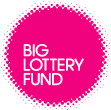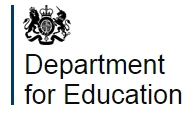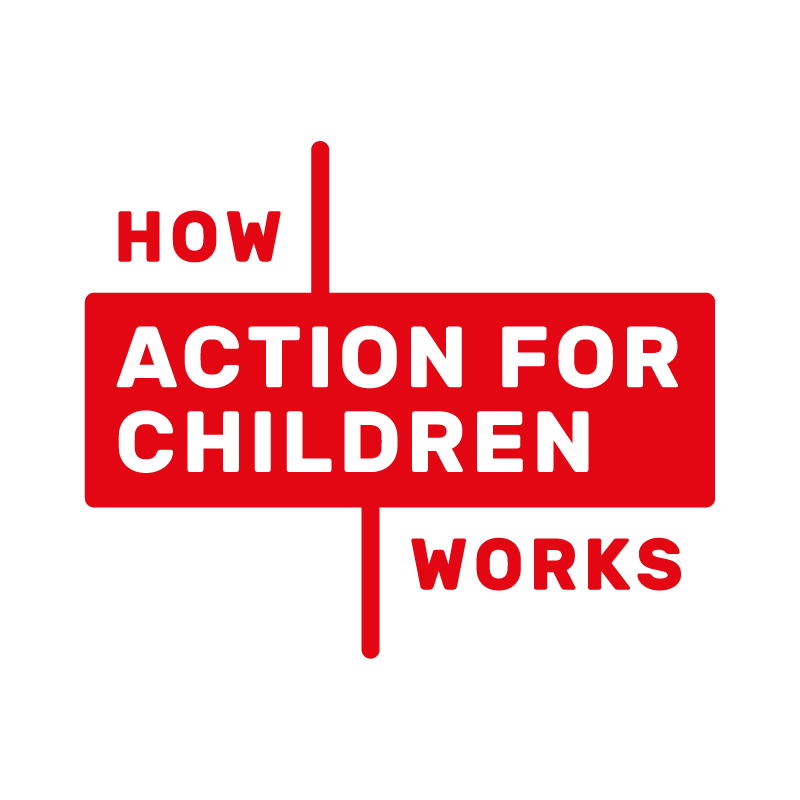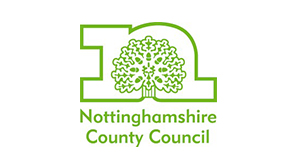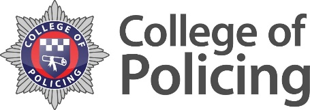Analysis
The organisations we work with have chosen to make people’s lives better based on information. Our job is to put the information through a series of checks so that we can find out what it is telling us. Below are some of the checks we use.
Economic analysis
| Cost benefit | for example, the return on investment in a service to help unemployed people back into work |
| Data envelopment | how organisations, for example hospitals, compare with each other in terms of their efficiency |
| Unit costing | the cost of a service per person |
| Financial modelling | applying accounting information to practical decisions |
Statistics
| Modelling | for example, to understand what would have happened if a service had not been put in place in an area |
| Segmentation | putting people into groups based on information so that organisations can do their work better |
| Regression | whether the changes in the numbers are the result of the work of the organisations, rather than just chance |
| Multi-level | how settings make a difference to the results organisations can achieve, for example variation across schools |
Evaluative techniques
| Logic model | whether the way organisations, services and programmes are designed should make people’s lives better |
| Process mapping | how the transactions between those who are part of the process result in changes in people’s lives |
| Impact evaluation | the extent to which organisations actually make most people’s lives better, not just those of a few |
| Cost-benefit analysis | whether you get back more than you put in |
Qualitative techniques
| Synthesis | objective and balanced summary of qualitative information |
| Focus groups | highlighting disagreements and finding out about collective options through discussion |
| Structured interviews | experiences, views, and opinions of those using the services provided by organisations |

